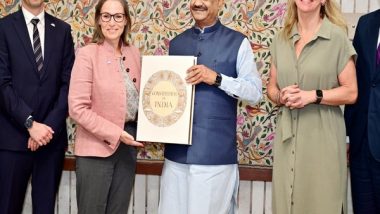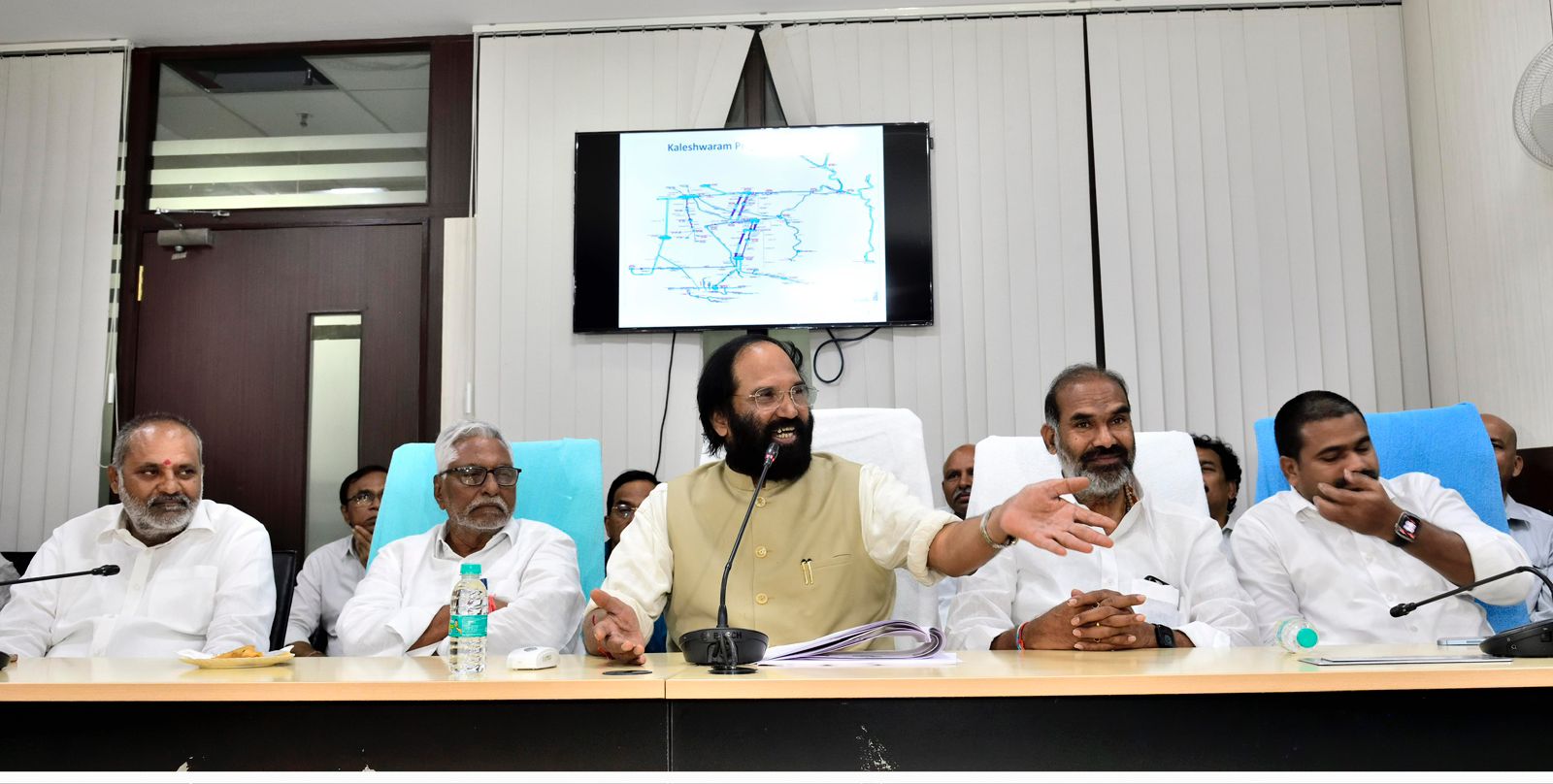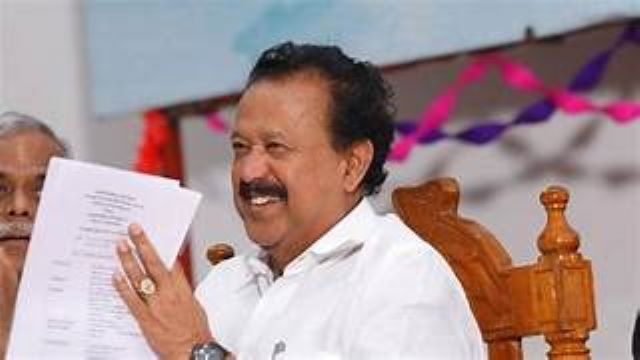Our visit gave political impetus to conclude trade talks: EFTA parliamentary delegation

New Delhi: Ahead of the EFTA trade ministers visit to India, a parliamentary committee from the four-nation grouping on Thursday expressed confidence that negotiators on both sides would find “compromises” to clinch the much-delayed trade deal.
Parliamentarians from member countries Switzerland, Norway, Liechtenstein and Iceland, led by Labour Party lawmaker from Norway Trine Lise Sundnes, held meetings with Commerce Minister Piyush Goyal, Lok Sabha Speaker Om Birla, officials in the External Affairs Ministry and industry representatives as part of efforts to give “political impetus” to “conclude” the negotiations for a trade agreement with India.
“We are pleased with the outcome of the visit. Our aim was to lend support to the ongoing negotiations in view of giving a political impetus to conclude them. We believe that we reached our goal,” Sundnes told PTI in an interview here.
Sundnes is the head of the delegation of the European Free Trade Association (EFTA) Parliamentary Committee which advises member nations on all issues relevant to the grouping such as its relations with trade partners worldwide.
The delegation was on a visit to India from April 17-20.
India and EFTA countries launched negotiations for a broad-based bilateral trade and investment agreement in 2008 that were put on hold in 2013 after 13 rounds of talks. The discussions resumed in 2016 and were put on a fast track in November last year at the G20 summit in Bali.
“We hope so. If there is a will, there is a way. I invite all our India’s interlocutors to work constructively with EFTA in order to match this ambition,” Sundnes said when asked whether the trade agreement could be clinched this year.
India has ruled out the EFTA proposals for zero import duty on gold and easing of Intellectual Property Rights (IPR) regime, to address concerns of pharma giants Novartis and Roche. India is also seeking greater access to its services sector in European countries.
“Trade in services is expanding exponentially as it reflects the structure of economies of the 21th century. Both sides have an interest in accessing each other’s markets which is promising for the negotiators to find compromises,” Sundnes said.
Trade ministers from the EFTA countries are visiting India next week to meet Goyal to discuss the trade agreement.
“It fits with the intensification of bilateral contacts that I mentioned earlier and with our visit this week. I am sure that it will yield positive results,” Sundnes said.
She said contacts between EFTA members and India have intensified over the past few months and the visit of the Parliamentary delegation led by her was a testimony to it.
“Our visit to India contributes to this positive dynamic and we are confident that an agreement is in sight,” she said.
Sundnes said the issues such as migration and IPR were important both for India and the EFTA countries.
“New high-end technologies deserve protection to foster innovation in the long-term. India disposes of high-qualified people that are needed in specific sectors of the EFTA Countries’ economies. I see complementarities for our economies and I am confident that negotiators will find solutions that are mutually acceptable for both sides,” she said.




